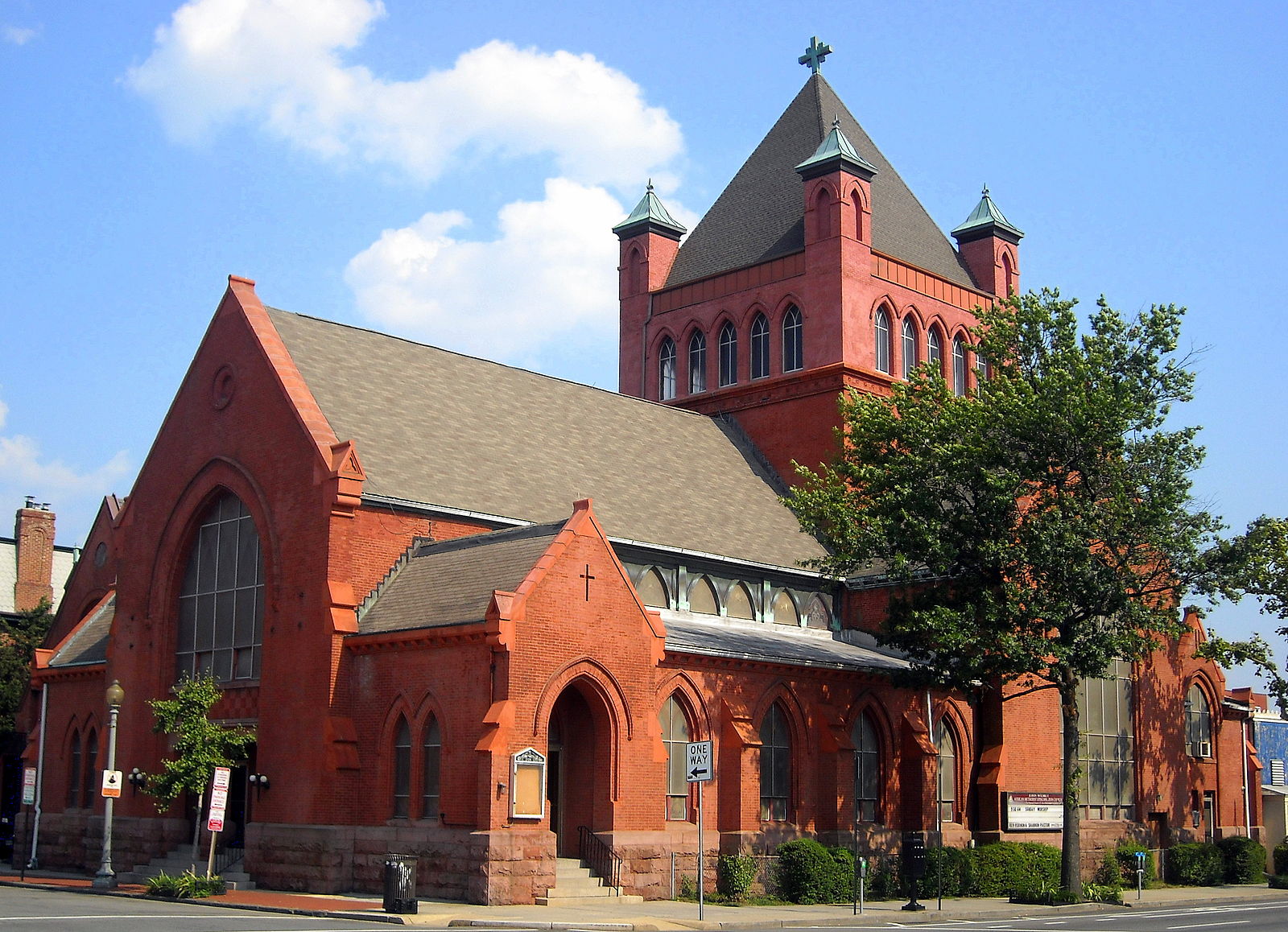Almost eleven years after Timothy Ray Brown became the first patient declared cleared of HIV/AIDS, a second patient was reported as having the same uplifting outcome. The news is very welcome in a world close to 30 years into the HIV epidemic, which has claimed 39 million lives. As of 2017, 19.6 million out of the 36.9 million survivors who live with HIV reside in East and South Africa, making that region the most affected by HIV in the world.
Dr. A. Oveta Fuller, of the University of Michigan Medical School, looks to change the situation through an unusual collaboration. Upon a request in 2006 from representatives of her global church, the African Methodist Episcopal (AME) church, Fuller decided to implement a program to help church clergy understand the science of HIV and AIDS, and how to fight the virus’s impact in their communities in Zambia. Since the initiation of this program, called Trusted Messenger, Fuller and U-M student teams partnered with leaders of the Council of Churches in Zambia to put the program to action, and to carefully measure its effectiveness.
Image Source: Hill Street Studios
Pastors, church officers, and their spouses attend the Trusted Messenger workshops which focus on dissolving myths and moral judgment regarding HIV infection. Participants also learn the key science behind the condition, including details about the virus’s transmission through blood, semen, vaginal fluid, or breastmilk – and not through other body fluids like saliva and tears. They learn about how antiviral therapies work, and how they are a constant necessity for those infected with HIV, since HIV’s classification as a retrovirus means that it inserts a copy of its DNA inside the patient’s cells once the patient has been infected. Each participant is also given the opportunity to complete an HIV screening test to set a good example for the community. “As a leader, you are no greater than what you do,” Fuller says of completing the screening test, calling it a “powerful first step for a trusted community leader.”
Trusted Messenger, along with other organized efforts, helped bring the incidence of HIV in adults in Zambia down to 11.5 percent. Fuller states that an obstacle for the World Health Organization’s goal of ending the global AIDS epidemic by 2030 is that “the people who needed to consistently use what has been discovered don’t know what the scientists know.” In the case of Trusted Messenger, the former group would be church clergy in Zambia. Undoubtedly, many other non-scientist groups worldwide fall into the same category. Though scientific advances will help put a stop to HIV and AIDS for good, taking the time to educate yourself and others about the virus is a welcome and necessary contribution to the cause.
Feature Image Source: AgnosticPreachersKid.










